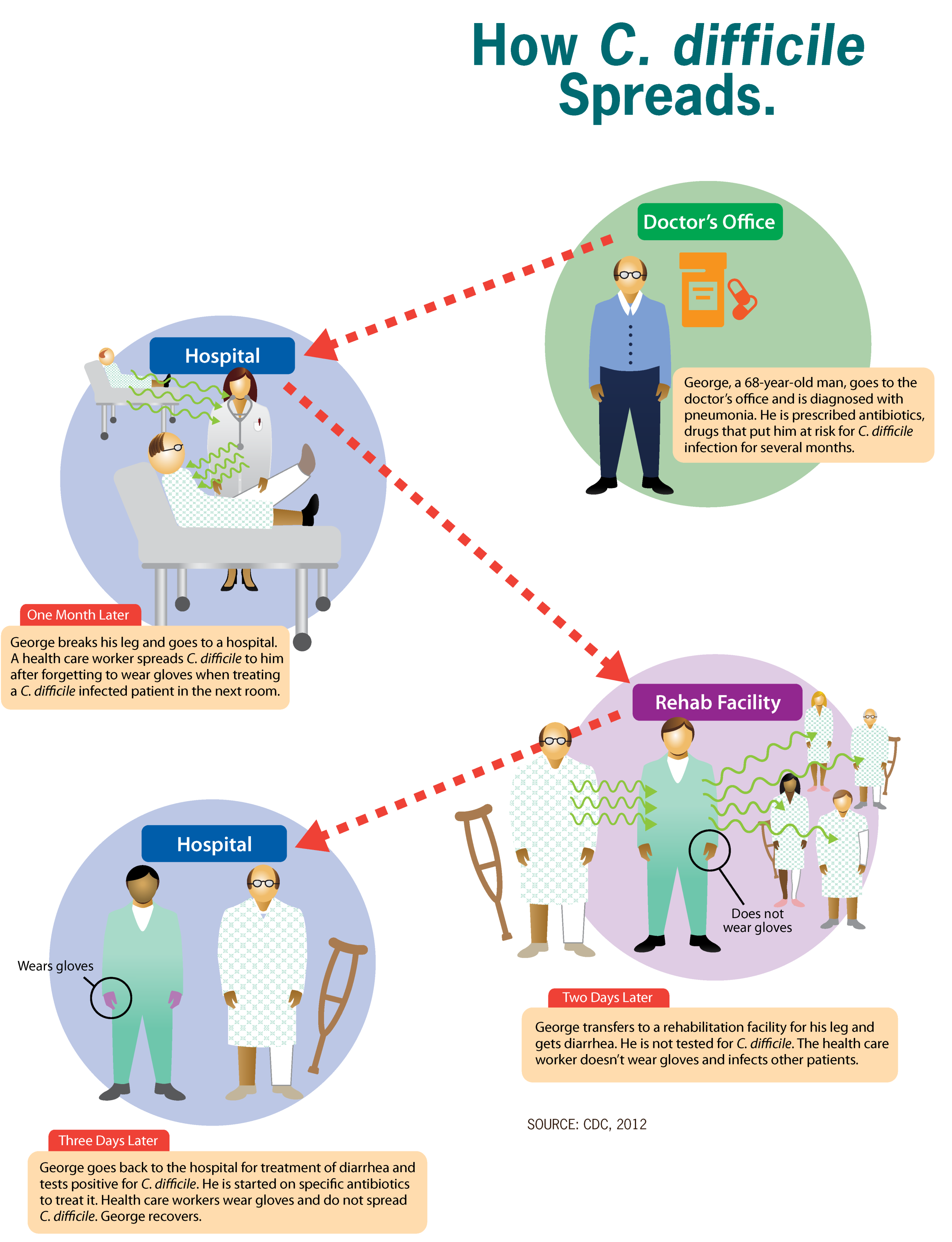|
Folasade Ogunsola
Folasade Tolulope Ogunsola (born 1958) is a Nigerian professor of medical microbiology, and the Vice-Chancellor of the University of Lagos. She specializes in disease control, particularly HIV/AIDS. Ogunsola was provost of College of Medicine, University of Lagos and is reputed as being the first woman to occupy the position. She was also the Deputy Vice Chancellor (Development Services) of the institution between 2017 and 2021. She was acting vice chancellor of the University of Lagos for a short period in 2020 when the University was plunged into crisis as a result of the removal of the Vice Chancellor by the University Council. Early life and education Ogunsola was raised in University of Ibadan where her father, Akin Mabogunje lectured. As a child, she mimicked medical practitioners by using dolls as patients, while offering medical care to them. She attended Queen's College, Lagos. Between 1974 and 1982, she obtained her first degree from University of Ife. and a master's ... [...More Info...] [...Related Items...] OR: [Wikipedia] [Google] [Baidu] |
Vice Chancellor
A chancellor is a leader of a college or university, usually either the executive or ceremonial head of the university or of a university campus within a university system. In most Commonwealth and former Commonwealth nations, the chancellor is usually a ceremonial non-resident head of the university. In such institutions, the chief executive of a university is the vice-chancellor, who may carry an additional title such as ''president'' (e.g. "president & vice-chancellor"). The chancellor may serve as chairperson of the governing body; if not, this duty is often held by a chairperson who may be known as a pro-chancellor. In many countries, the administrative and educational head of the university is known as the president, principal or rector. In the United States, the head of a university is most commonly a university president. In U.S., university systems that have more than one affiliated university or campus, the executive head of a specific campus may have the title of ch ... [...More Info...] [...Related Items...] OR: [Wikipedia] [Google] [Baidu] |
Clostridioides Difficile Infection
''Clostridioides difficile'' infection (CDI or C-diff), also known as ''Clostridium difficile'' infection, is a symptomatic infection due to the bacterial spores, spore-forming bacterium ''Clostridioides difficile''. Symptoms include watery diarrhea, fever, nausea, and abdominal pain. It makes up about 20% of cases of antibiotic-associated diarrhea. Antibiotics can contribute to detrimental changes in gut microbiota; specifically, they decrease short-chain fatty acid absorption which results in osmotic, or watery, diarrhea. Complications may include colitis#Infectious, pseudomembranous colitis, toxic megacolon, perforation of the colon, and sepsis. ''Clostridioides difficile'' infection is spread by bacterial spores found within feces. Surfaces may become contaminated with the spores with further spread occurring via the hands of healthcare workers. Risk factors for infection include antibiotic or proton pump inhibitor use, hospitalization, other health problems, and older a ... [...More Info...] [...Related Items...] OR: [Wikipedia] [Google] [Baidu] |
Nigerian Women Scientists
Nigerians or the Nigerian people are citizens of Nigeria or people with ancestry from Nigeria. The name Nigeria was taken from the Niger River running through the country. This name was allegedly coined in the late 19th century by British journalist Flora Shaw, who later married Baron Frederick Lugard, a British colonial administrator. ''Nigeria'' is composed of various ethnic groups and cultures and the term Nigerian refers to a citizenship-based civic nationality. Nigerians derive from over 250 ethnic groups and languages.Toyin Falola. ''Culture and Customs of Nigeria''. Westport, Connecticut, USA: Greenwood Press, 2001. p. 4. Though there are multiple ethnic groups in Nigeria, economic factors result in significant mobility of Nigerians of multiple ethnic and religious backgrounds to reside in territories in Nigeria that are outside their ethnic or religious background, resulting in the mixing of the various ethnic and religious groups, especially in Nigeria's cities.Toyin Fa ... [...More Info...] [...Related Items...] OR: [Wikipedia] [Google] [Baidu] |
Nigerian Medical Researchers
Nigerians or the Nigerian people are citizens of Nigeria or people with ancestry from Nigeria. The name Nigeria was taken from the Niger River running through the country. This name was allegedly coined in the late 19th century by British journalist Flora Shaw, who later married Baron Frederick Lugard, a British colonial administrator. ''Nigeria'' is composed of various ethnic groups and cultures and the term Nigerian refers to a citizenship-based civic nationality. Nigerians derive from over 250 ethnic groups and languages.Toyin Falola. ''Culture and Customs of Nigeria''. Westport, Connecticut, USA: Greenwood Press, 2001. p. 4. Though there are multiple ethnic groups in Nigeria, economic factors result in significant mobility of Nigerians of multiple ethnic and religious backgrounds to reside in territories in Nigeria that are outside their ethnic or religious background, resulting in the mixing of the various ethnic and religious groups, especially in Nigeria's cities.Toyin Fa ... [...More Info...] [...Related Items...] OR: [Wikipedia] [Google] [Baidu] |
Yoruba Women Scientists
The Yoruba people (, , ) are a West African ethnic group that mainly inhabit parts of Nigeria, Benin, and Togo. The areas of these countries primarily inhabited by Yoruba are often collectively referred to as Yorubaland. The Yoruba constitute more than 42 million people in Africa, are a few hundred thousand outside the continent, and bear further representation among members of the African diaspora. The vast majority of the Yoruba population is today within the country of Nigeria, where they make up 21% of the country's population according to CIA estimations, making them one of the largest ethnic groups in Africa. Most Yoruba people speak the Yoruba language, which is the Niger-Congo language with the largest number of native or L1 speakers. In Africa, the Yoruba are contiguous with the Yoruboid Itsekiri to the south-east in the northwest Niger Delta, Bariba to the northwest in Benin and Nigeria, the Nupe to the north, and the Ebira to the northeast in central Nigeria. To ... [...More Info...] [...Related Items...] OR: [Wikipedia] [Google] [Baidu] |


